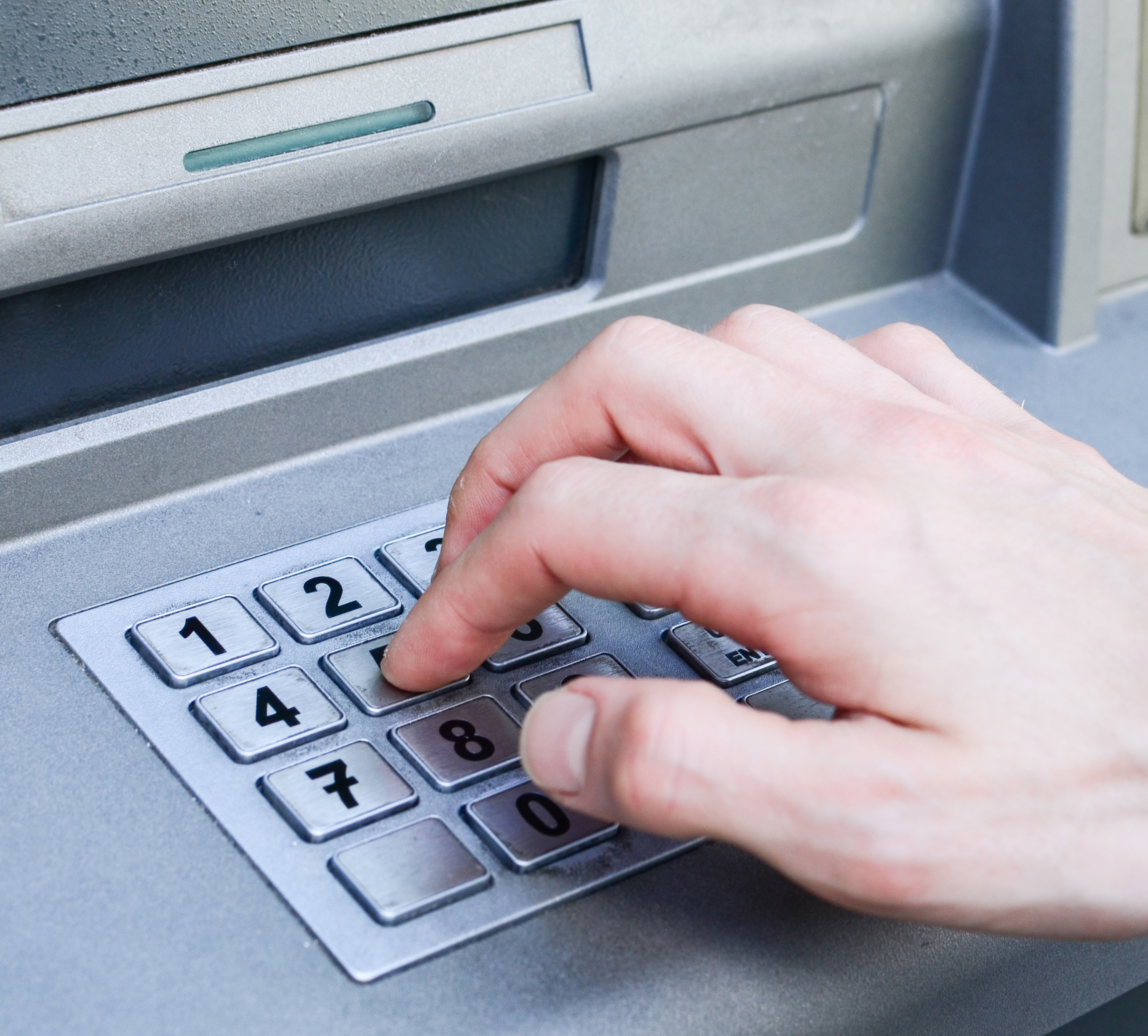Credit Cards & Loans
Travelling to Cyprus: do you still need a stash of cash?

Advice for holidaymakers heading to the island nation for some spring sun.
It may have been hitting the headlines for all the wrong reasons but Cyprus is still proving a popular holiday destination for Brits searching for some last-minute spring sunshine.
According to LateRooms.com, savvy holidaymakers are taking advantage of some great deals as hoteliers reduce rates to attract customers.
But as Cyprus’s banking drama continues to unfold, the topic of travel money is a priority for many Brits heading to the country.
For tourists, ATMs and banking services are pretty much back to normal. While limits have been imposed on withdrawals from Cypriot bank accounts, these should not apply to withdrawals from UK or other foreign bank accounts.
However, each person, including children, is only allowed to take a maxiumum of €1,000 in cash out of Cyprus so taking huge sums of cash is not advised.
The problem with paying on ‘plastic’ though is many Cypriot retailers and service providers may still prefer to accept cash.
On top of this, tourists could also get caught out by hidden bank charges – something which is not unique to Cyprus.
Research conducted for Post Office Travel Money found nearly a third of holidaymakers (30%) said they incurred bank charges for withdrawing money from an ATM while they were on trips abroad.
Eight per cent said they had their debit or credit card declined when they tried to withdraw cash from an ATM – even though they knew there was money in their account.
A further six per cent could not find an ATM when they wanted to withdraw money while more than one-in-ten (11%) changed money at a hotel or local bureau de change and said that they received a poor rate as a result.
Bob Atkinson, travel expert for TravelSupermarket.com, says tourists should invest in a debit or credit card which is specifically designed for overseas usage.
Good options include the Halifax Clarity, Saga Platinum or Post Office Platinum (all credit cards) or the Norwich & Peterborough Gold Classic debit card.
These cards have no charges when used overseas for either withdrawing cash or making purchases.
“The everyday cards you use here in the UK incur charges so be aware of these ‘hidden’ costs before using your card. The rates used on the cards designed for overseas use are the market rates from Visa and MasterCard so you are assured of the best rate for conversion,” Atkinson says.
Another option is to opt for a pre-paid card in euros from companies such as Fair FX or Caxton which have either no charges for usage or very low charges and also offer excellent exchange rates for loading the card.
Finally, tourists should never agree to pay in sterling when using a credit card abroad in shops or restaurants – a tactic known as Dynamic Currency Conversion.
Andrew Brown of Post Office Travel Money says: “Another gripe by the holidaymakers who took part in our consumer research was about the hidden charge they incurred when shops, restaurants or ATMs abroad gave them the option to pay for a card purchase in sterling rather than in local currency.
“Seven per cent of people fell into this trap without realising that they would incur a currency conversion rate charge.
“Our advice is always to pay in local currency whether using a credit or debit card or a pre-paid card.”